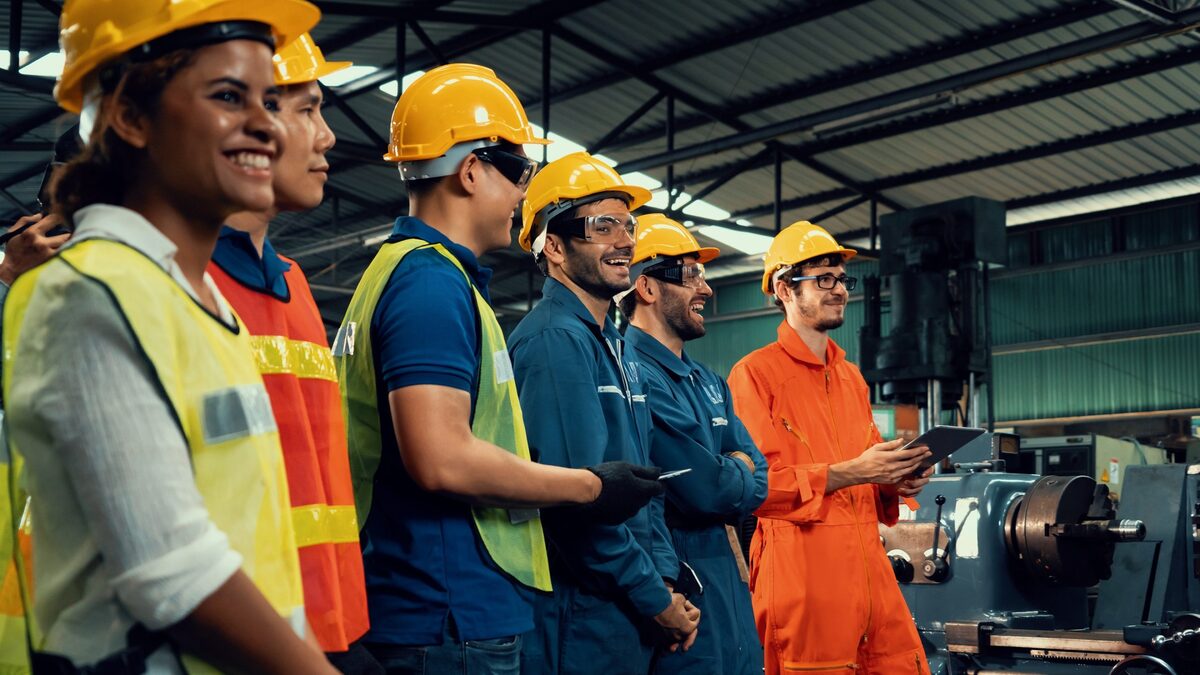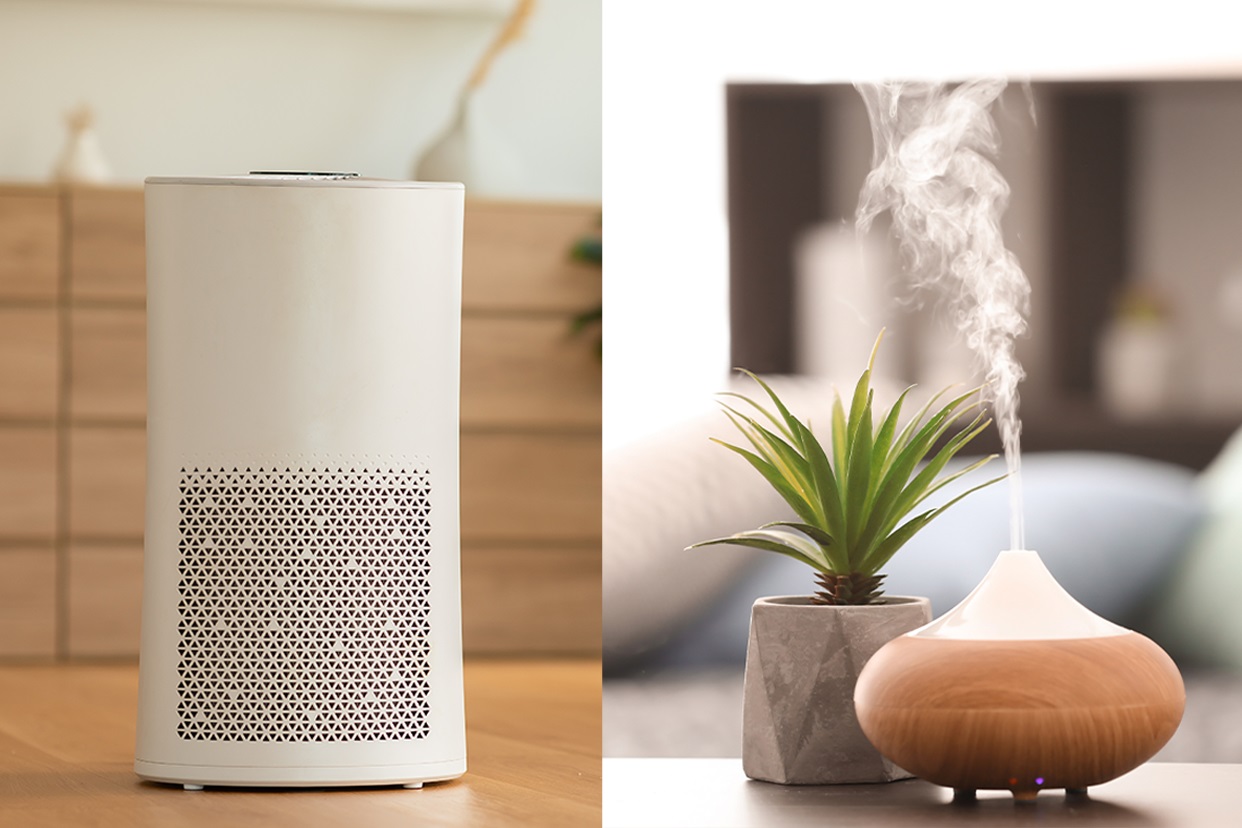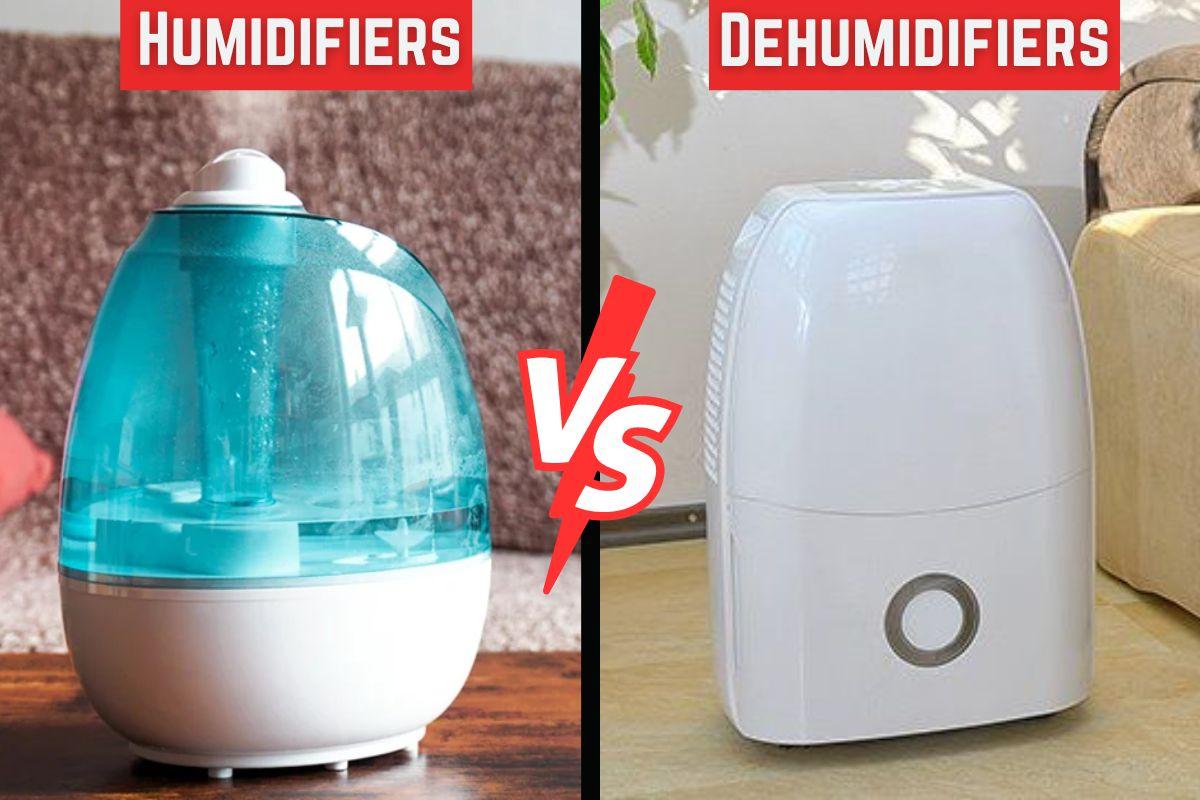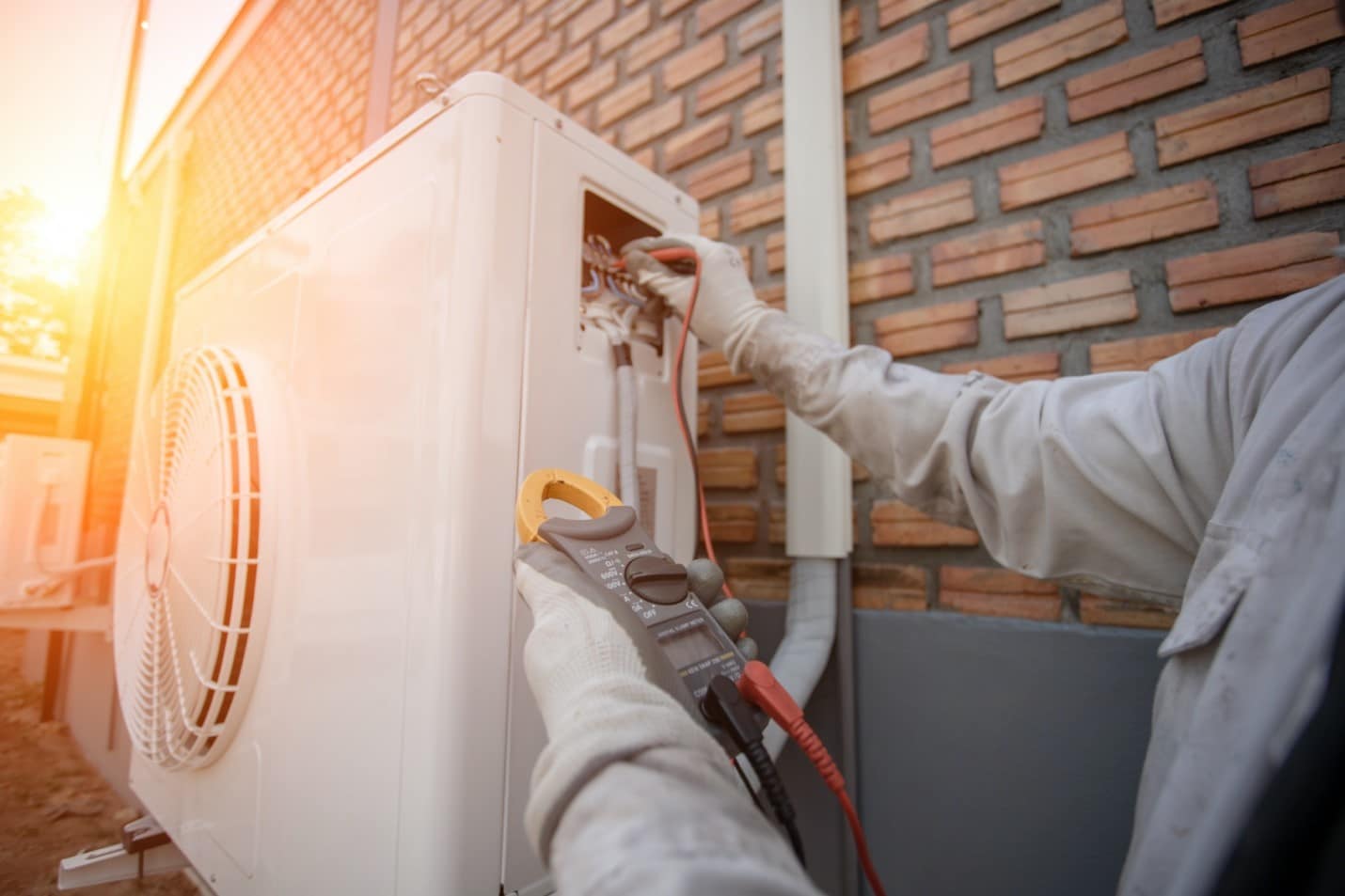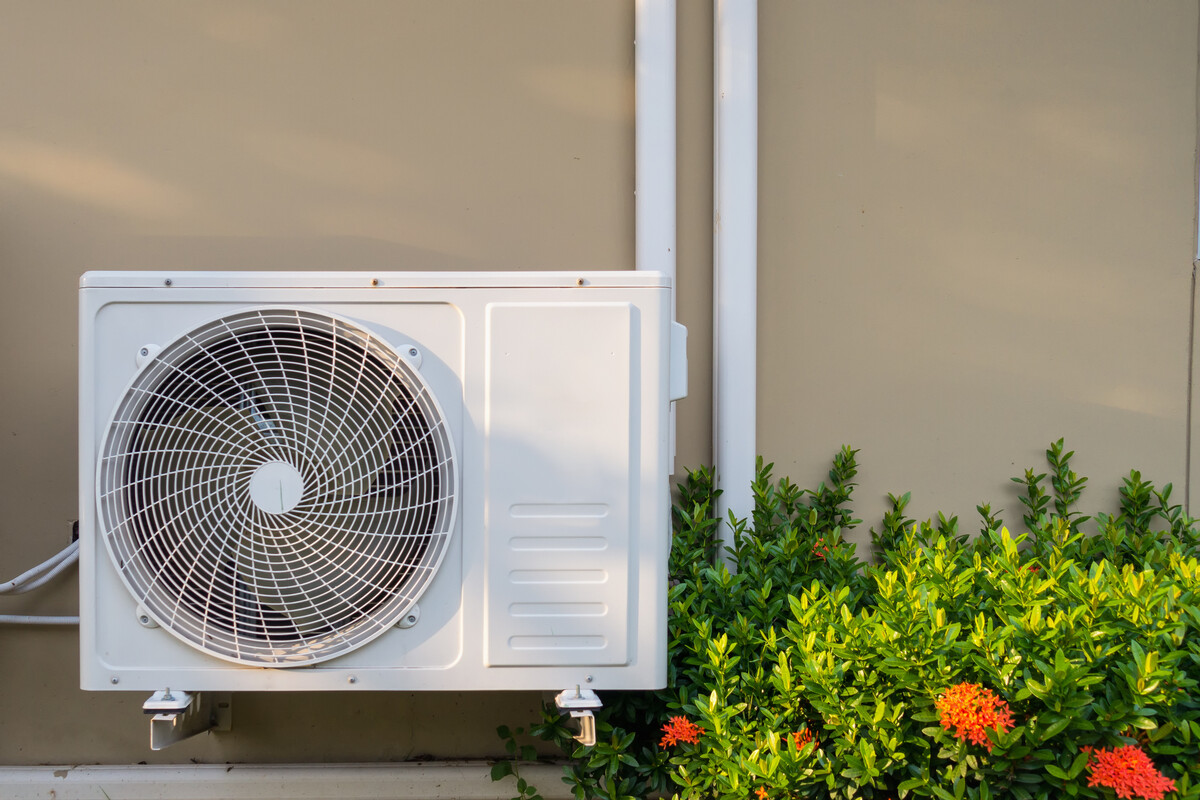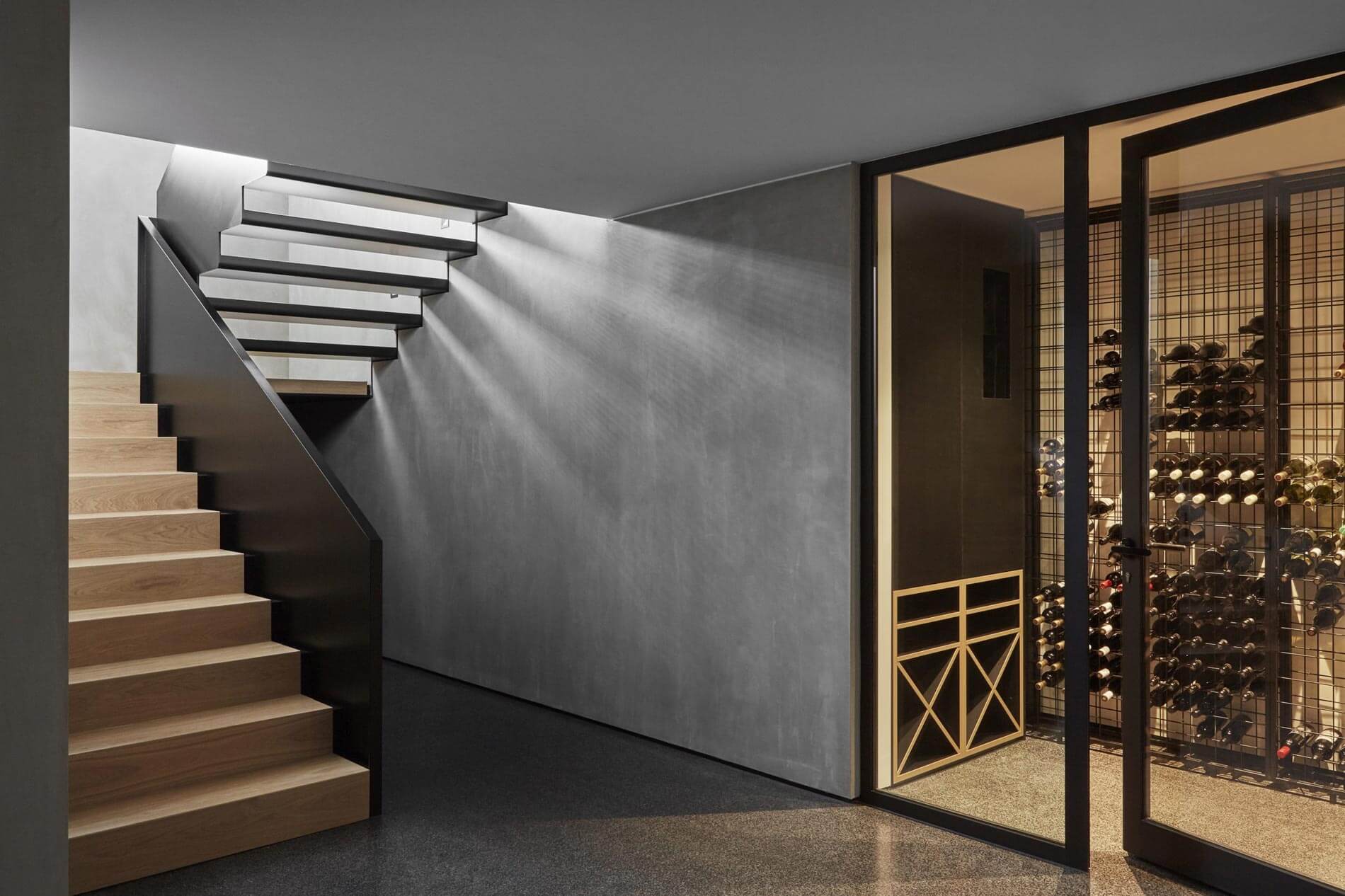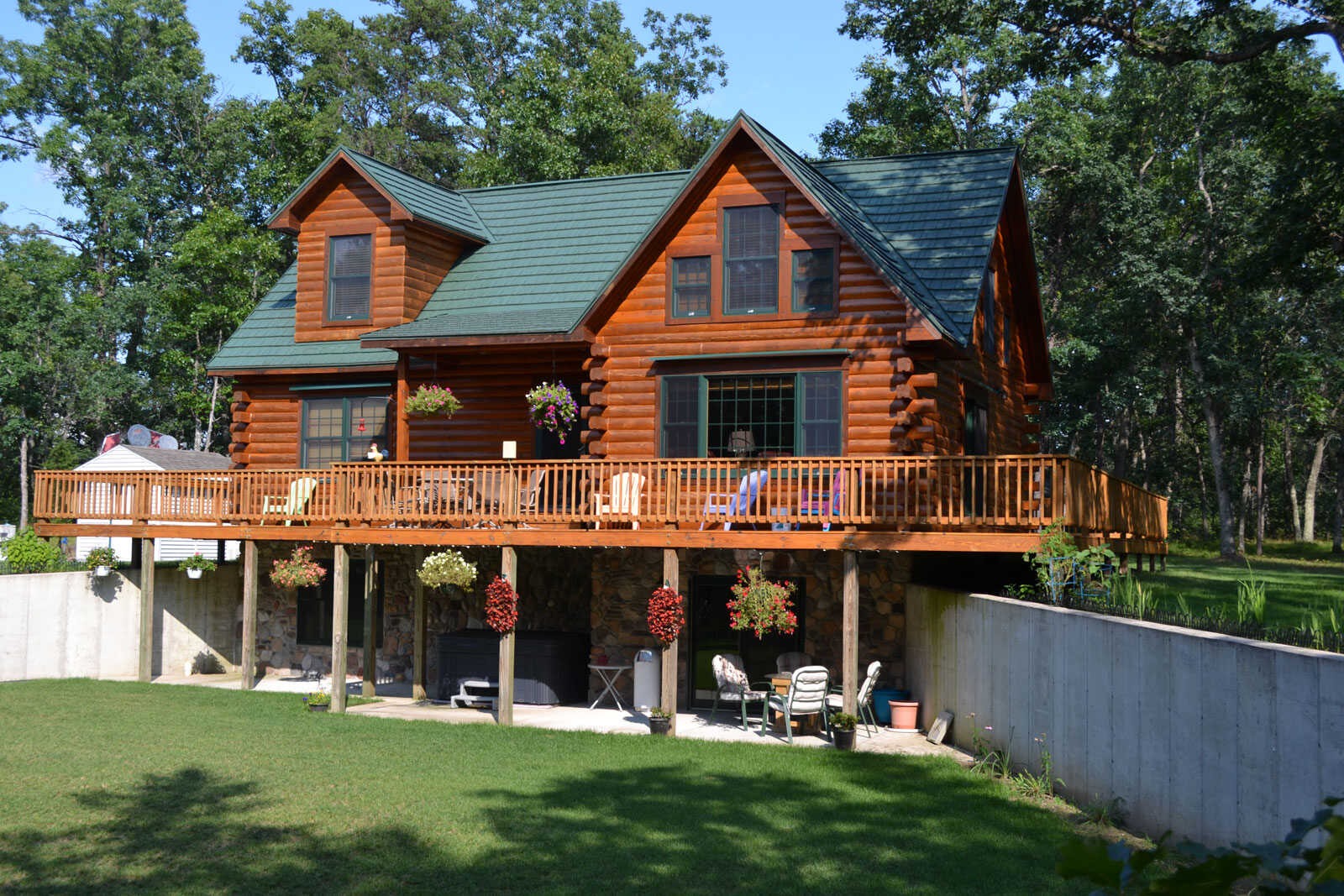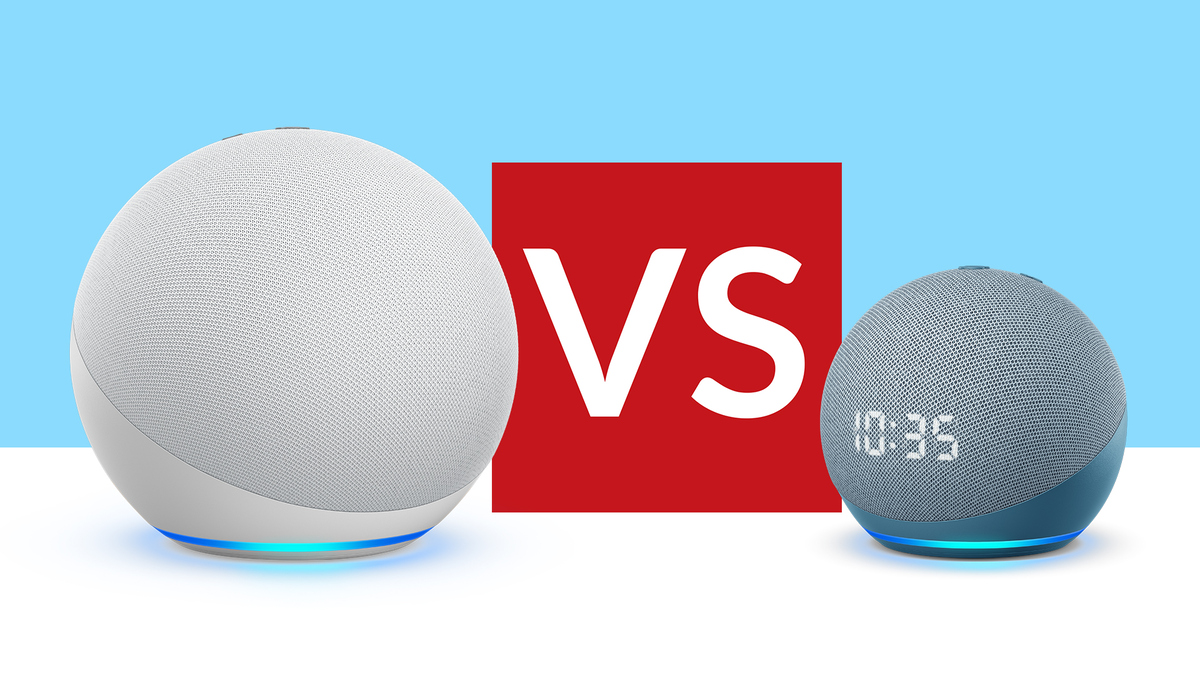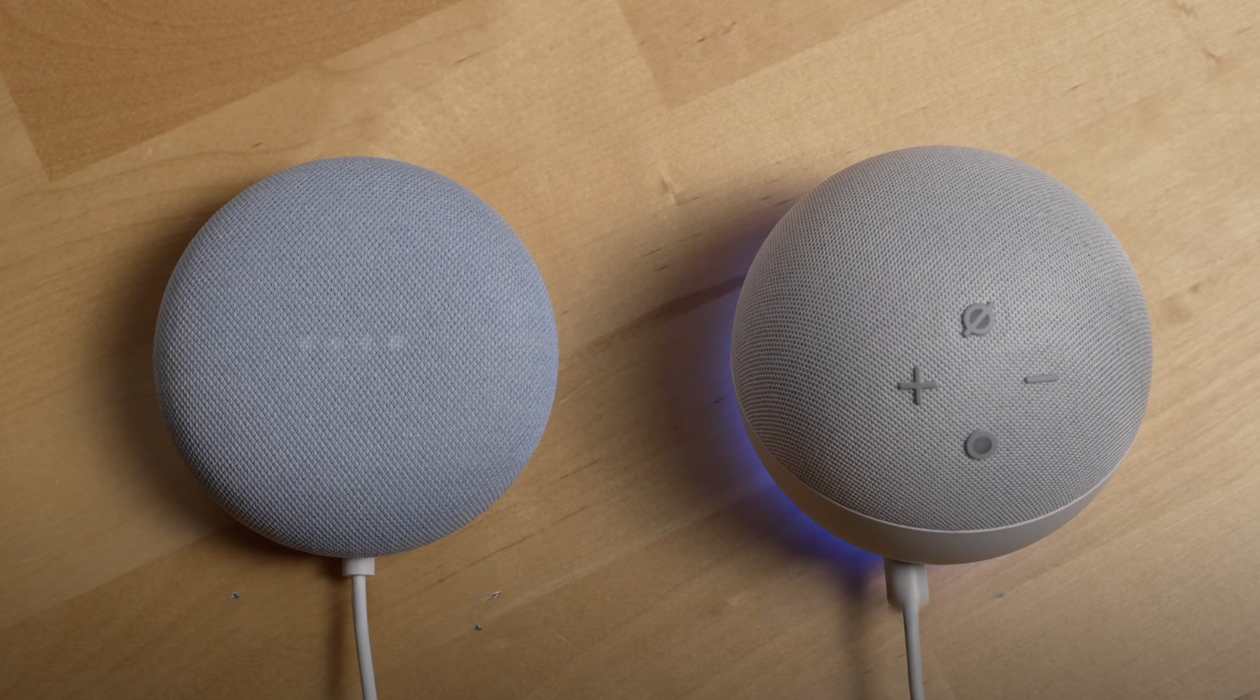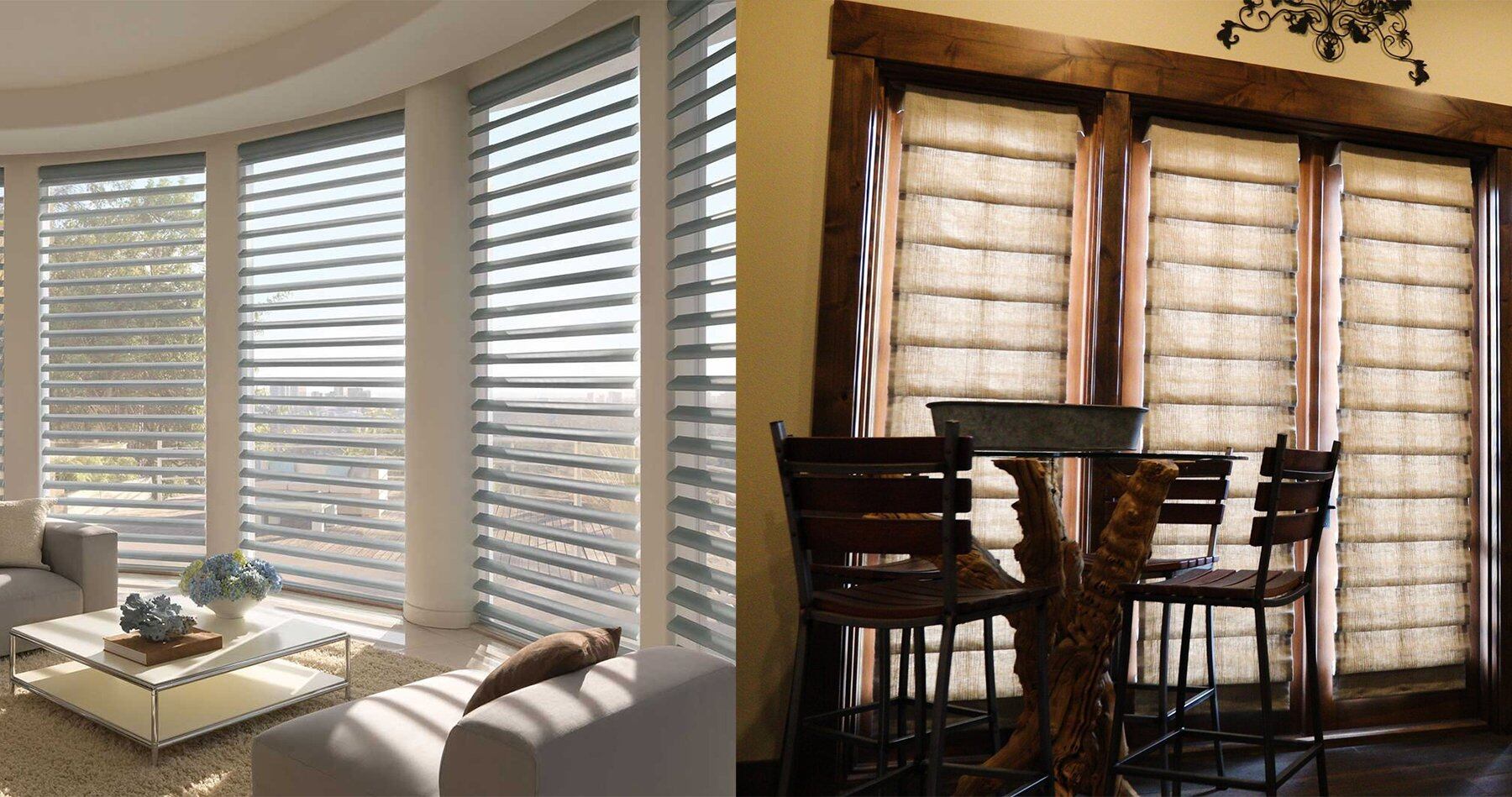Home>Home Maintenance>What Is The Difference Between Residential, Commercial, And Industrial Air Conditioning Applications
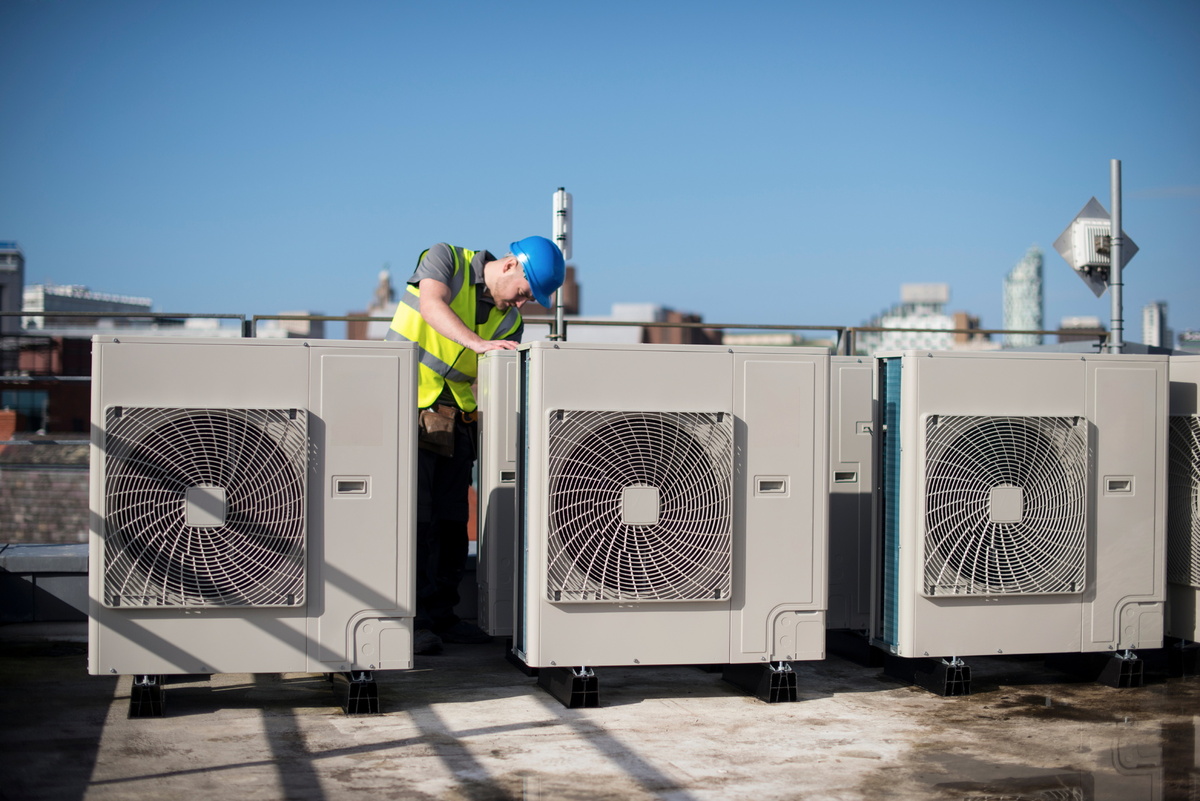

Home Maintenance
What Is The Difference Between Residential, Commercial, And Industrial Air Conditioning Applications
Modified: March 6, 2024
Learn about the key distinctions in air conditioning applications, including residential, commercial, and industrial. Enhance your home maintenance knowledge with this guide.
(Many of the links in this article redirect to a specific reviewed product. Your purchase of these products through affiliate links helps to generate commission for Storables.com, at no extra cost. Learn more)
Introduction
When it comes to staying cool and comfortable indoors, air conditioning plays a crucial role. Whether you are at home, in a commercial space, or in an industrial setting, having a reliable and efficient air conditioning system is essential. However, it’s important to understand that air conditioning needs can vary based on the type of application.
In this article, we will explore the differences between residential, commercial, and industrial air conditioning applications. We will delve into the unique requirements, challenges, and considerations for each type, helping you gain a better understanding of how these systems function and why they are tailored to specific settings.
So, let’s dive into the world of air conditioning and explore the nuances that set residential, commercial, and industrial applications apart.
Key Takeaways:
- Residential air conditioning focuses on creating a comfortable and aesthetically pleasing living environment for homeowners, with systems designed for individual room cooling and energy efficiency.
- Commercial air conditioning aims to provide a comfortable and productive workspace for businesses, with larger systems, advanced controls, and a focus on indoor air quality and energy efficiency.
Residential Air Conditioning
Residential air conditioning is primarily focused on providing comfort and suitable indoor climate control for homes and apartments. The goal is to create a comfortable living environment for residents, ensuring they can escape the heat and humidity during the hot summer months.
Here are some key points to consider about residential air conditioning:
- System Types: Residential air conditioning systems typically include split systems, window units, or ductless mini-split systems. These systems are designed to cool specific areas or individual rooms within a home.
- Capacity and Efficiency: Residential air conditioning systems are usually smaller in scale compared to commercial or industrial systems. They are designed to cater to the specific cooling needs of a household, such as bedrooms, living areas, and kitchens. Energy efficiency is also a crucial consideration to reduce energy consumption and lower utility bills.
- Noise Level: Residential air conditioning systems are engineered to operate quietly to ensure minimal disruption to the household. Noise reduction features are a key consideration when choosing residential air conditioning units.
- Control Options: Residential air conditioning systems often come with user-friendly controls, such as remote controls or smart thermostats. These features allow homeowners to adjust temperature settings and create customized cooling schedules.
- Aesthetics: Residential air conditioning systems are designed to blend seamlessly with the home’s interiors. Emphasis is placed on aesthetics, ensuring that the units do not detract from the overall design and ambiance of the living space.
Overall, residential air conditioning systems aim to create a comfortable and enjoyable living environment for individuals and families. They prioritize convenience, energy efficiency, and aesthetics to provide a cooling solution that meets the unique needs of homeowners.
Commercial Air Conditioning
Commercial air conditioning serves a different set of requirements compared to residential applications. In commercial spaces, air conditioning plays a critical role in creating a comfortable and productive environment for employees, customers, and clients. It also helps preserve the quality and safety of products and equipment.
Here are some key aspects of commercial air conditioning:
- System Types: Commercial air conditioning systems can vary depending on the size and layout of the space. Common types include rooftop units, packaged HVAC units, and variable refrigerant flow (VRF) systems. These systems are designed to cool larger areas, such as office buildings, retail stores, restaurants, and hotels.
- Load Calculation: Accurate load calculation is crucial in commercial applications to determine the cooling capacity required to adequately cool the space. Factors such as occupancy, equipment, lighting, and ventilation all play a role in determining the load requirements.
- Zoning and Control: Commercial air conditioning systems often have zoning capabilities, allowing different areas of the building to be cooled independently. This is especially useful in spaces with varying cooling needs or different occupancy schedules. Advanced control systems with scheduling options help optimize energy usage.
- Indoor Air Quality: Maintaining good indoor air quality is a significant concern in commercial spaces. Air conditioning systems are equipped with air filters, air purifiers, and ventilation options to ensure fresh and clean air circulation.
- Energy Efficiency: Energy efficiency is a prime consideration in commercial air conditioning due to the larger scale of the systems. The use of energy-efficient equipment, such as high-efficiency compressors and variable speed drives, can significantly reduce energy consumption and operating costs for businesses.
In commercial settings, air conditioning is not only about providing comfort but also about creating a conducive environment for employees and customers. It plays a crucial role in enhancing productivity, ensuring customer satisfaction, and preserving the integrity of products and equipment.
When choosing an air conditioning system, consider the specific needs of the space. Residential systems are designed for homes, commercial systems for businesses, and industrial systems for large facilities. Each type has different requirements for size, capacity, and energy efficiency.
Industrial Air Conditioning
Industrial air conditioning is a specialized field that focuses on cooling and conditioning large-scale industrial facilities such as factories, warehouses, data centers, and manufacturing plants. Unlike residential or commercial applications, industrial air conditioning systems are designed to meet specific requirements related to the industrial processes, equipment, and environmental conditions.
Here are some key considerations for industrial air conditioning:
- System Types: Industrial air conditioning systems can vary based on the specific needs of the facility. They may include central cooling plants, chilled water systems, or process-specific cooling systems. The choice of system depends on the cooling demands, heat loads, and specific requirements of the industrial process.
- Process Cooling: Industrial air conditioning is often designed to provide not only comfort cooling but also process-specific cooling for machinery and equipment. These systems cool the critical components to maintain operational efficiency and prevent overheating.
- Environmental Control: Industrial facilities often require precise control of temperature, humidity, and air quality. This is particularly important in industries such as pharmaceuticals, food production, and electronics manufacturing, where strict environmental conditions are necessary to ensure product quality and safety.
- Load Calculation: Accurate load calculation is essential in industrial air conditioning to determine the cooling requirements for the facility. Factors such as heat-generating equipment, ventilation needs, and the size and layout of the space are considered to ensure reliable and efficient cooling.
- Energy Efficiency: Industrial air conditioning systems can be energy-intensive due to the scale and requirements of the facilities. Efforts are made to optimize energy efficiency through the use of high-efficiency equipment, intelligent controls, and advanced cooling strategies such as free cooling or heat recovery.
Industrial air conditioning systems are designed to meet the specific needs of industrial settings, ensuring adequate cooling, environmental control, and process-specific cooling. These systems are essential to maintain productivity, protect equipment, and adhere to strict industry standards and regulations.
Conclusion
Air conditioning is a vital component of our modern-day lives, providing much-needed comfort and climate control in various settings. Understanding the differences between residential, commercial, and industrial air conditioning applications is crucial in order to select the right system for your specific needs.
Residential air conditioning systems prioritize the comfort and convenience of homeowners, providing efficient cooling for individual rooms or specific areas of the home. These systems are designed to be aesthetically pleasing and energy-efficient to enhance the overall living experience.
Commercial air conditioning focuses on creating a comfortable and productive environment for businesses, employees, and customers. It often encompasses larger spaces and requires advanced control systems to optimize energy usage and maintain high indoor air quality.
Industrial air conditioning is tailored to meet the unique cooling demands of industrial facilities, ensuring the smooth operation of critical processes and protecting equipment from overheating. These systems are designed specifically to handle high heat loads and stringent environmental conditions for various manufacturing and production processes.
Regardless of the application, energy efficiency is a key consideration in modern air conditioning systems. The use of advanced technologies, intelligent controls, and proper load calculation helps minimize energy consumption, reduce operating costs, and contribute to a more sustainable future.
Whether you are looking to cool your home, create a comfortable work environment, or control the temperature in an industrial facility, understanding the differences between residential, commercial, and industrial air conditioning will help you make informed decisions and ensure optimal cooling performance.
Remember, consulting with HVAC professionals is crucial to assess your specific needs and choose the right system for your home, business, or industrial facility. With the right air conditioning system in place, you can enjoy maximum comfort, productivity, and efficiency all year round.
Frequently Asked Questions about What Is The Difference Between Residential, Commercial, And Industrial Air Conditioning Applications
Was this page helpful?
At Storables.com, we guarantee accurate and reliable information. Our content, validated by Expert Board Contributors, is crafted following stringent Editorial Policies. We're committed to providing you with well-researched, expert-backed insights for all your informational needs.
